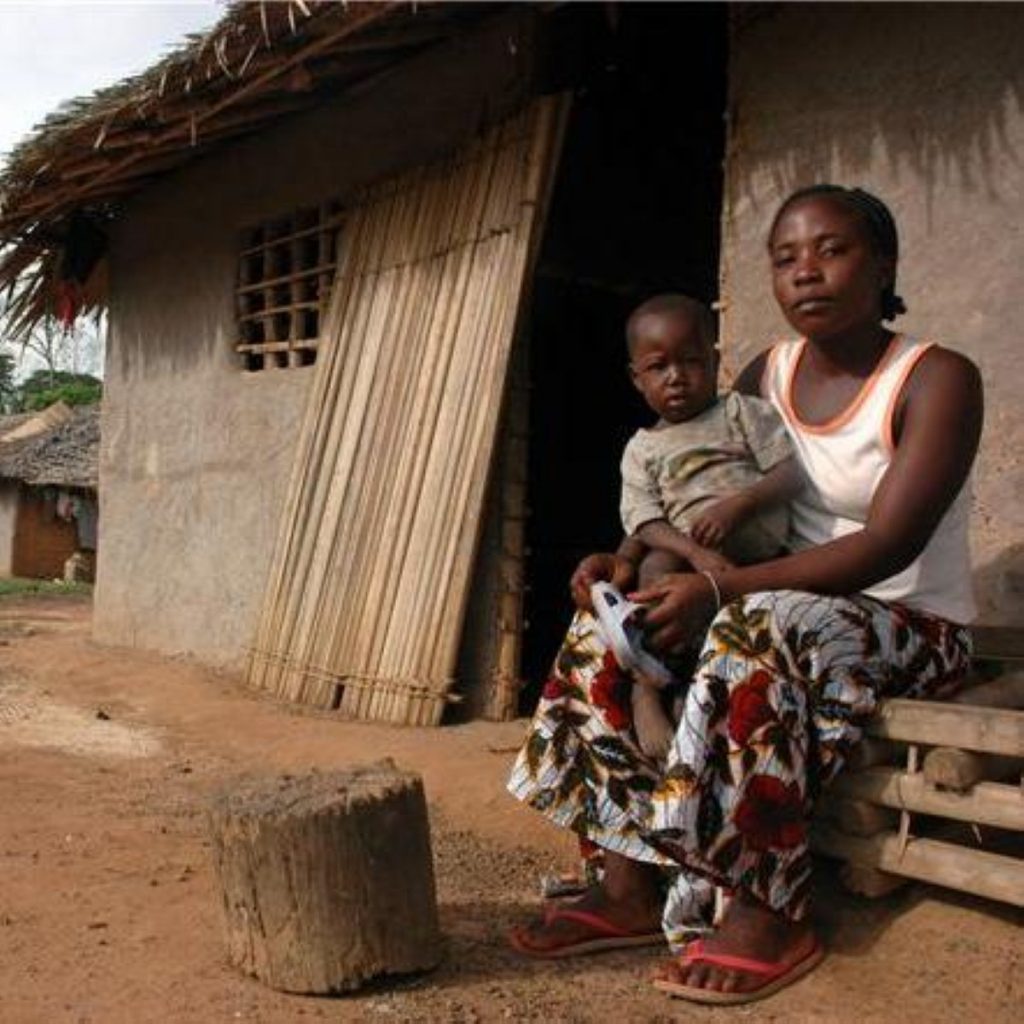The development conundrum
When agonising about how to make poverty history, nothing is sacred – not even the millennium development goals (MDGs).
Working in international development can be tough. The issues are enormously important and the solutions dizzyingly large in scale. It’s no surprise that the field is unusually dominated by academics, where only in-depth studies can pierce through the murk of confusion in a big, big world.
Sometimes the only solution is to cut through the chronic poverty. A report launch by the Chronic Poverty Research Group (CPRG) in London this week revealed the extent to which the need to achieve real accomplishments is pressing. Salil Shetty, director of the UN’s millennium campaign, told the room he dislikes portraying the MDGs as “some sort of masterplan”. He derided the “top-down, blueprint approach” and expressed doubt that the 140 million people removed from poverty since 2001 needed the MDGs at all.
Surprising, you might think. But Mr Shetty has a clear alternative. “If the use of social protection comes out at the national level we should push,” he says. Mr Shetty prefers a “brick-by-brick” approach, backing individual states to achieve specific aims. That appeared to meet with general agreement. And the example offered by Margaret Kakande, head of the ministry of finance’s poverty monitoring and analysis unit in the Ugandan government, showed just how his principles could be applied.


Ms Kakande beamed her enthusiasm about the CPRG’s report on chronic poverty to the crowd. She said the report offers Kampala “solutions” and will act as a “shot in the arm”. “My government needs to know what works,” she explained. “We’ve been asking ourselves whether we can make Uganda into a welfare state. It can be done, it must be done.”
Despite her clear commitment to the principles of expanding social protection, Ms Kakande couldn’t help but hint at the difficulties she faces in getting her message across. “For most of our countries. chronic poverty issues tend to evaporate when it comes to policy debates, so we need to keep the fire burning,” she added. In many places the flame gets put out altogether. What to do when the government is less than enthusiastic?
One of the most positive examples, it seems, it to affect change for yourself. I met Barbara Lawes, MDG manager for Africa Invest. This firm has provided investment for the development of seven farms in Malawi and looks like expanding further across Africa in the near future. It started by irrigating the land and has created jobs and stimulated the country’s private sector. Ms Lawes’ job is to oversee the implementation of the MDGs across the project. “That’s the way to get them implemented,” she told me. “It works much better than if you just demand them. Giving people something first is key.”
Others adopt a more cynical approach. It was even suggested, to the horror of Mr Shetty, that undemocratic states might be more effective at implementing reforms. Sam Hickey of the University of Manchester said the record showed “paternalist authoritarianism” works better at producing transformative growth. Look at the east Asian tigers – South Korea, Taiwan, China – as evidence, he pointed out. “Development and politics do not always move along the same lines.”
Fortunately that model appears to be becoming less and less popular. Zimbabwe might be a clear standard-bearer for the extreme example, but there are still areas of the world where the issue is more nuanced, less black and white.
Are there any conclusions to be drawn? Certainly that the problem of ending global poverty is a hugely complex one, with an infinite number of answers. It’s not surprising many tend to latch on to national governments as the real agents of change. It’s a trend noticeable outside development; the Foreign Office’s attitude to Somalia, for example, is clearly one of desperate reliance on the Somalis to sort their mess out for themselves.
Perhaps the only real conclusion to be drawn is that international development is a rather perverse field to work in. After all, as Mr Shetty observed, working in international development requires a form of permanent despondency.
“For us, good news is not very good news. it’s the nature of our business. We have to show the need is ever-growing.”












